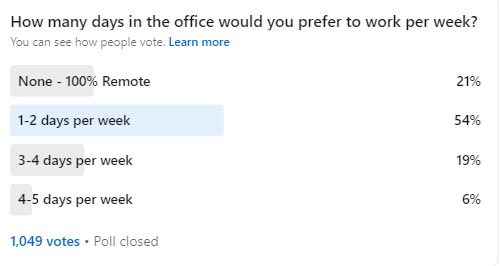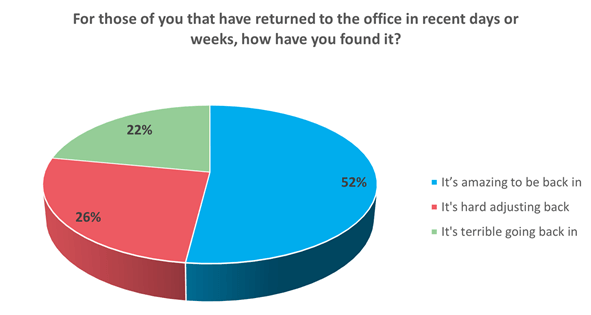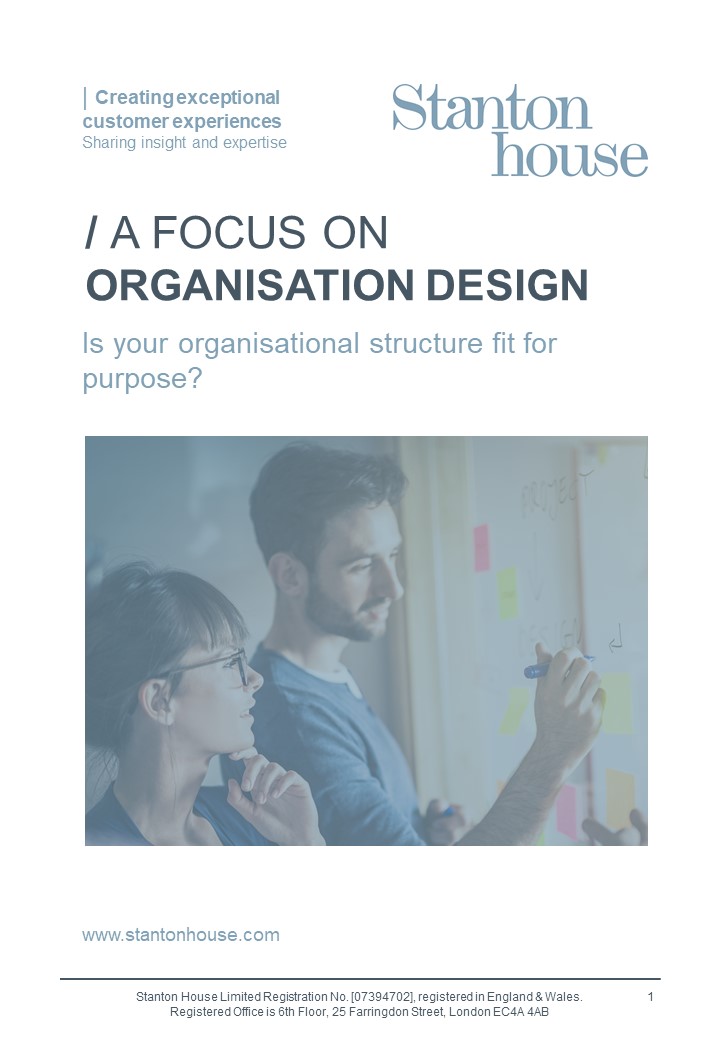

Many organisations are now aggressively hiring to meet customer demand and to deliver key projects that will enable transformation and growth. According to the Office of National Statistics (ONS) the number of job vacancies hit a record 1,034,000 in June to August 2021, the first-time vacancies have risen to over 1 million since records began.
Demand for labour may have hit record highs but there’s a clear and deepening mismatch between the skills of people on the unemployment register and the skills needed for the rising number of permanent and contract vacancies.
Couple this, with the fact that candidates are still risk-averse, when it comes to changing jobs in the current climate, and it isn’t surprising that we have an intense war for talent going on!
It would appear that many organisations are still relying heavily on their own Talent Acquisition teams to directly source the talent they need to rebuild teams and grow, particularly for permanent hires. With ongoing skills shortages, a drop in candidate availability and rapid salary inflation employee retention is high on the People agenda and therefore counteroffers are increasingly common.
The recruitment industry is no different and as Stanton House’s HR and Talent Acquisition partner, I have experienced a market like no other since “normality” started to resume last Autumn. From re-shaping our own internal hiring process to accommodate remote working, to onboarding and training new starters in our new hybrid model, it’s been a steep learning curve for us all.
So, when it comes to hiring talent in any industry right now - what do employers and hiring managers need to know?
Candidate salary expectations have evolved
Over the last 18 months, most of us have had more time than ever to reflect on what is important.
Because of the pandemic and amidst rising inflation, professionals are less likely to prioritise passion over compensation - especially if they have recently faced unemployment. Above all else, therefore, candidates value their worth from a monetary perspective.
With skills shortages, a lack of available talent and so many job opportunities on the market the power dynamic has well and truly transferred from the employer to the jobseeker. Candidates will often have multiple offers on the table and will look to leverage current market conditions to negotiate a higher salary or day rate. In fact, Wage inflation soared by 7.4% between April and June 2021 and May to July data showed a growth in average pay of 6.8%.
Flexible working and mental wellbeing a high priority for most
Candidates also place more importance on work-life balance, spending time with family and friends and looking after their physical and mental health. A question I am regularly asked in interviews is “will your flexible working offer continue once the pandemic is less prevalent?”, people want to know that prospective employers will continue to provide autonomy and flexibility longer-term and won’t simply revert to pre-pandemic ways of working once they’ve been hired!
According to a recent Deloitte survey, most seek a hybrid working model with at least two days working from home as a minimum. This was also the case in Stanton House’s own poll, taken by over 1000 professionals in March 2021, which revealed that a large majority (75%) would prefer to work two days or less per week in the office going forward.
Less than a third (19%) would prefer to work three to four days per week in the office and only 6% would like to go back to four days plus per week.

One to two days in the office comes out on top, with over half, (54%) voting for this as their preference and 21% say they would prefer to work from home 100% of the time.
These findings suggest that while some are craving the return to an office environment, the vast majority have come to the conclusion that they will never again want to work in the office five days a week. This does feel almost alien after many of us have now worked from home in some form over the past 18 months.
Candidates are also prepared to take a more confident approach to their careers (especially as most first stage interviews are still being done via video call, which in itself allows them to apply for more jobs without the commitment of travel to an office) and will push employers for long-term commitments to guarantee flexible working.
Employers who fail to compensate employees fairly or commit to long-term flexible working, risk losing valuable skills and will struggle to attract and retain the talent they need to grow.
It has never been more important to promote your Employer Value Proposition (EVP)
While companies want to invest in their business, now that restrictions have lifted, demand for new staff still outstrips supply due to low candidate availability.
To attract the best talent in a highly competitive environment, employers are now having to re-think their hiring strategies, make quicker decisions and evolve, articulate and promote their Employer Value Proposition (EVP).
Employers should be asking - what is it about us that is different? What makes us stand out as an employer of choice? Why should people want to come and work for us? Are we a diverse and inclusive employer? Are we committed to flexible working? How do we prioritise the mental well-being of our employees?
As the inspirational speaker Simon Sinek says, “Before you can stand out, you must first get clear on what you stand for.”
Prospective employees want to know what the ‘office culture’ will be like
With ‘Freedom Day’ long behind us in the UK and as more of us have returned to the office - some have found it a refreshing change, while others have found it overwhelming.
Our poll of almost 100 professionals who had recently returned to the office, in some capacity, showed that the majority (52%) thought it was amazing to be back. However, a significant proportion (48%) either thought it was terrible or were finding it hard.

Employers need to be aware of these opposing feelings and pay particular attention when interviewing, on-boarding and integrating new hires into the business. A careful balance is now needed to show a candidate how team collaboration and the ‘office culture’ is being translated to a hybrid (office/home) working model.
Although initial conversations and first-stage interviews are still being held via video call, an increasing number of final stage interviews are being conducted in person (which is a welcome step-change back to some kind of normality) and is a crucial way to share what it might feel like to work at home or in the office and bring the company to life!
How do we prioritise wellbeing as part of our culture?
At Stanton House, we are utterly obsessed about culture and it’s one of the main reasons I have loved working here for the past 5 years. We are proud to have a unique environment where people are super ambitious, passionate about doing a great job and genuinely care about the business and our customers. We work hard, celebrate success, and have a lot of fun along the way!
Aside from setting people up for success with the right tools and training, something that we deem as a very important part of our culture is the well-being of our employees. As a very ‘human’ and friendly business, this has always naturally fallen part of our DNA, but we are now having a much more deliberate approach. Alongside offering hybrid working and flexible hours (that goes without saying now, right?!), we have recently invested in a wellbeing platform, Pirkx, which includes fantastic benefits such as a 24/7 GP service, newborn support, discounted gym membership and free counselling - to name a few.
We have also invested in mental health training courses and now have eight fully trained ‘Mental Health Champions’ and I am very excited to also be completing the full mental health first aid course in October this year.
Aside from those immediate investments, our dedicated L&D team hold regular workshops for our employees covering topics such as ‘Emotional Resilience’ and ‘Empathy’. In fact, our ‘Empathy’ series includes a whole host of subtopics such as Chronic Illness, Women’s Health, Ageing and Retirement, Family Dependents, Men’s Mental Health and so on. This falls part of our wider D&I strategy to encourage a more inclusive environment where we are understanding of our colleagues’ and customers’ personal challenges and break the stigma of some, unfortunately, still very taboo subjects.
Above all else, we understand that we have so much more to learn, and that wellbeing is much more than benefits and training, but we are on a journey and will continue to focus on wellbeing as a very important part of our culture.
Opportunities at Stanton House
Despite a turbulent 18 months for the recruitment industry, we have a lot to be proud of. In the past 12 months alone, we have hired 21 new starters, had 9 internal promotions, relocated 2 employees internationally, had our first $1m biller, yet again been recognised on the FAST 50 list and raised over £8,000 for charity. Despite a challenging period for everyone, I feel very lucky to have been supported by a leadership team who lead this incredibly exciting and successful business but who are humble enough to recognise that we're not perfect and are constantly striving to be better. There's been ups and downs and everything in between, but I am so proud of what we have all achieved together. I am truly inspired by my colleagues every day.
Our people are everything and when looking for newbies to join us, we don’t look for a “Culture Fit”, we look for “Culture Add”. We aren’t concerned about background or experience, and we certainly aren’t looking for a certain type of personality – as long as you are values aligned, hardworking and have a sense of humour, I’d love to hear from you!
We are currently looking for people to join us in London, Reading and Chicago as Recruitment Consultants so whether you have 10 years of experience or zero, get in touch today if you want to be part of our success story! meg.appleby@stantonhouse.com
Similar blogs

.jpg)



